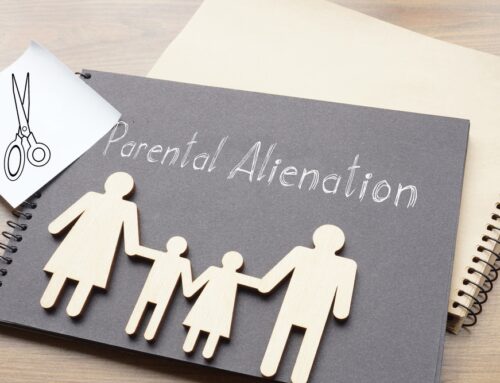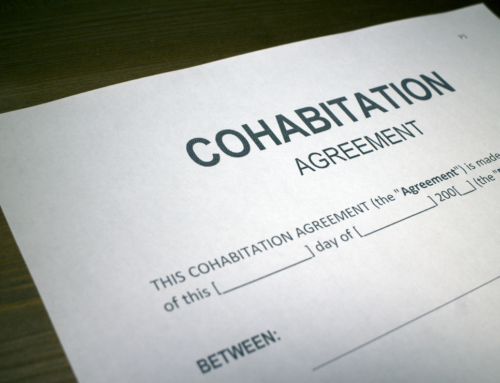It’s always a tricky conversation to have with your partner – should we have a prenup put in place before we get married? Most people go into marriage with the rose-tinted glasses on but a prenup could help protect you and your assets in the event of divorce. Or at least make you feel safer because there’s a backup plan in place if the worst does happen.
Not everyone feels the need to have a prenup and if you’re a couple going into a marriage with equal or no assets – it may not be for you. So to help you find out more, let’s get into it.
What is a prenup?
A prenup is a legal agreement between two people before they marry. It’s like a contract where all assets are listed and stating who the assets belong to. Its function is to set out the scope of the assets if divorce is to happen and how they will be divided between both parties.
While it is often signed before marriage – It can change scope over the years when taking into account children, jobs, illness, and other things which can impact the couple’s finances.
Normally a prenup is for a couple who both have a lot of personal wealth acquired before the marriage or when one member of the couple has more wealth than the other.
Basically, if a person brings an asset to the marriage, it protects them, whereas, without a prenup, assets are normally divided equally in the event of a divorce.
What do I need to create a prenup?
When creating a prenup, you need to be honest with your solicitor and partner about the assets you have. It will make the process go a lot smoother and much more amicable – remember this is a person you want to marry after all!
For a prenup, there must be:
- Full disclosure of assets
- Voluntary agreement (ie, not being forced)
- Enough time for the prenup to be reviewed and accepted
- Waivers of retirement cannot be made
What can be included in a prenup?
- Money: held by both or one person, including money in the bank and investments (like property, businesses, stocks, and shares)
- Property: this includes any properties bought by either party beforehand
- Debts: If either party has built up debt beforehand, the prenup can limit the liability of the other party in event of a divorce
- Inheritance and trust: any previous inheritance, or expected inheritance to come in the future
- The family home: arrangements for how this is split and who stays in the family home
- Pension: money held in pension pots
- Children’s inheritance: whether children from a previous marriage are entitled to anything in event of a divorce
Is a prenup legally binding?
Technically in the UK courts, prenups aren’t legally enforceable. However, judges take these very much into consideration when deciding on the weighting of the distribution of assets. They do generally follow the prenup and what was agreed by both parties if the prenup was drawn up in the correct way.
Do I need a prenup?
Even if neither party has considerable wealth, property, inheritance, or debts, it can be a great way of ensuring that things are split in a certain way if divorce ever does happen.
A couple could agree on a prenup where everything is split 50/50, to avoid either party finding themselves in a difficult situation if they do divorce. As we are unable to predict what the joint marital assets will be worth in say 30 years from now.
It is important to consult with a family lawyer beforehand so that everything in the prenup is agreed on by both parties and that both parties fully understand what the agreements will entail if the marriage does end in a divorce.
For more information on a prenup, please contact our family law specialists at info@beestonshenton.co.uk




